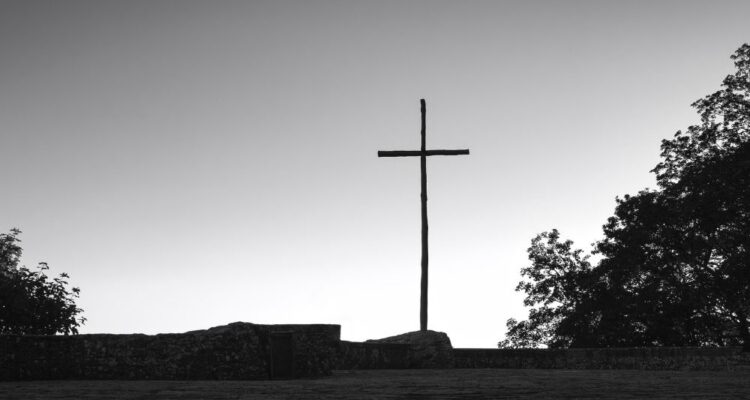For some Christians, what Jesus expects of his followers is negotiable though his words are written in red. Who these Christians expect Jesus to be is also hit or miss despite the author of Hebrews claim that he is “the same yesterday, today and forever” (13:8).
I came to the Christian faith after my twelve-year-old self was presented the choice of holiness or hell. As an adult, this practice of faith in God that requires we see the devil in others continues to trouble me.
There was no mention of grace and seemingly no need for it as the leaders appeared to have it together. They presented a tidy God who was stuck with the mess of creation.
Jesus and the Holy Spirit came to earth as a kind of clean- up crew. This neat freak theology meant there was no room for error.
Once saved, it was life on the straight and narrow. One misstep would mean I was out of line and out of step with Jesus. Jesus may have been my Savior yesterday but if I sinned today, he was not.
For these church leaders, I hadn’t merely lost my footing. No, I had lost Jesus completely. My actions had sent Jesus packing.
Ironically, Jesus was not outside of the door of my heart, knocking to be let back in. Lauren Winner would later remind me that a sinless Jesus stood in John’s baptism line.
But, for those religious leaders, I had lost my place and needed to get back in line. I had to work my way back up and into the good graces of God and I couldn’t show my face in church unless I was.
There was a crack in between holiness and hell, and I had fallen through it.
I wrestle with the mysteries of our godliness, of the changing standards by which we are rendered holy and in right-standing with God. God may be looking at our hearts, but our external appearance remains the mark of righteousness for many Christians.
And I now struggle against a faith that attempts to racialize God—because “white is right.” I push away from a faith that suggests that it is the social coloring of Christ’s skin—not his work and witness— that gives him relevance and me a reason to believe in him.
Because Jesus as elder brother reminds me that I am a child of God. Also, faith in Jesus is not about being the right “color.” That’s what race is about and white is the only answer.
And if Jesus’ gospel can be racialized, then I was created in opposition, predestined to never get it right, to fall between the cracks of society and God’s hands. Consequently, I decline the invitation to participate in a colonized version of the “kin-dom” of God.
This faith in skin, this continued deification and worship of flesh suggests that color is my creator and that God can be colored in. It is but another expression of a binary tradition: white versus black or white versus people of color, in the world but not of it, secular and sacred, liberal and conservative, Democrat and Republican.
There will never be a middle ground for this way of thinking. And if we believe that this is all there is to existing, then let’s end the search for common ground now.
This is why we can treat Jesus as a middleman. Dependent upon our causes, we can be for or against him. Oddly enough, Jesus could be with me yesterday and against me today— based on my actions, your judgments and the political season.
Surely, this is not the Jesus of the resurrection, who can overcome death, hell and the grave but not election cycles, church business meetings and deep- pocketed members who claim to run his church. Who is this Jesus?
He is the one we have room for. There was only room for him in a manger and on a cross.
It would explain why Christmas and Easter are the most popular times to attend church. We just don’t have time for the life and ministry of Jesus.
We appreciate his ministry and what he has to say but some of us are waiting for Jesus to do something new and exciting. Because that was yesterday, Jesus.

